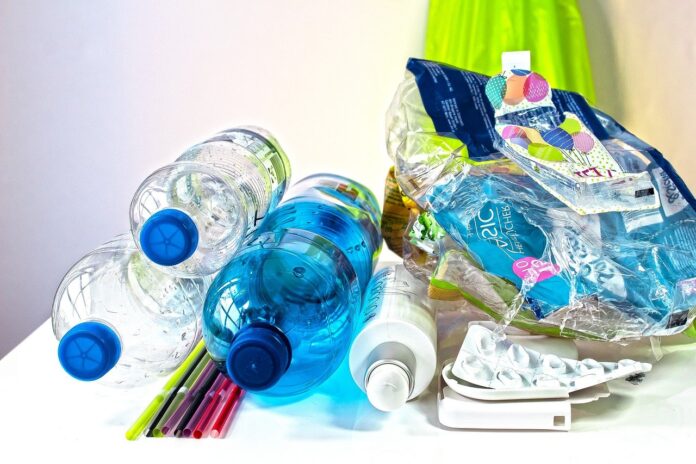Waste is one of the prime reasons for an increase in greenhouse emissions. Waste management is soon becoming a nightmare for townships and large cities, owing to the decrease in sustainable living in urban areas. Before the advent of technology and advancement, people would live extremely sustainable lives and use only what they needed. Now, however, the amount of waste from each household in the UK has increased exponentially.
Communities in Manchester and the Universities in Manchester are taking a positive step towards controlling waste and are advocating for eco-friendly living. Consumption and production of goods and their waste is an ever-growing concern for environmentalists. As global citizens, we must ensure we reduce our carbon footprint, decrease greenhouse gas emissions, preserve our natural resources, and reduce waste.
Why Is Waste Deadly?
Poorly-managed waste usually results in the emissions of methane and carbon dioxide (CO2). These two gases contribute a great deal to the total amount of manmade gases released into the atmosphere each year. Unfortunately, many sites also actively burn waste in the open air and add to the rise in air pollution across the world. This waste burning is not limited to organic waste but also inorganic materials like plastic. Plastic is not biodegradable, and single-use plastics amount to the maximum waste in landfills.
Food waste is also highly harmful to the environment – it is as detrimental as plastics since it also amounts to greenhouse gas emissions. A lot of food waste is thrown away or never consumed, resulting in massive wastage of resources.
What Measures Is Greater Manchester Taking To Combat Waste?
Greater Manchester uses general waste to generate electricity. The general waste that is collected from homes is transported to a mechanical treatment facility where the waste is shredded and then sent by train to the Energy Recovery in Runcorn. Once it reaches, the general waste is used to create heat in a furnace. This heat is further used to make steam and spin turbines. These turbines are connected to electricity-generating turbines.
Gases are treated using activated carbon filters and lime, the chimney is monitored for emissions, and the ash is sent to another facility for sorting and use in construction. Ferrous materials are recycled.
While steps are being taken to reduce waste, it is not enough. Let us look at a few ways to reduce waste in your Manchester community.
Purchase Loose Vegetables and Fruits:
When you are shopping for daily groceries, avoid buying vegetables and fruits in packaged form. Instead, pick them up loose, and carry cloth or large textile bags to transport them. By avoiding packaged foods, you are helping save the use of single-use plastic and contribute positively to the environment. Single-use plastics cannot be recycled and will end up in landfills or incinerators, which will emit harmful gases into the atmosphere. Reusable, cotton, washable bags help keep the fruits and vegetables fresh.
Reusable Coffee Cups:
Manchester is known for its dynamic work and student culture. Most people prefer purchasing coffee in throwaway cups. This habit should be changed by using reusable coffee cups made from recycled material. Carrying a reusable cup also helps get discounts from most coffee shops and student unions since you are only paying for the coffee and not for the branded packaging material.
Reusable Water Bottle:
Single-use plastic is mainly used for bottled water. The cost of purchasing water each day is increased because of single-use bottles. Instead, it is prudent to carry a reusable water bottle that is washable and helps save you a lot of money each day. Most office complexes and university buildings have water filters. Even restaurants and public drinking taps can be used to refill your water bottle.
Pack Your Lunch:
Instead of purchasing a meal each day, you should make and parcel your lunch each day. This helps in reducing costs and in staying fit and healthy. If you cook your own food, you can watch the quality of ingredients going into the prep and adjust the oil, salt, and spices to suit your digestive system. It also helps in improving the immune system. Packing your own lunch reduces food waste and also saves on the cling film on food products.
One of the most significant barriers to the waste issue is a cultural attitude and change in mindset. The Manchester community is taking positive steps to reduce the carbon footprint, decrease greenhouse emissions, and create sustainable living for all its residents. As homeowners, it is our responsibility to lower the electricity usage in our house and reduce and recycle waste.







